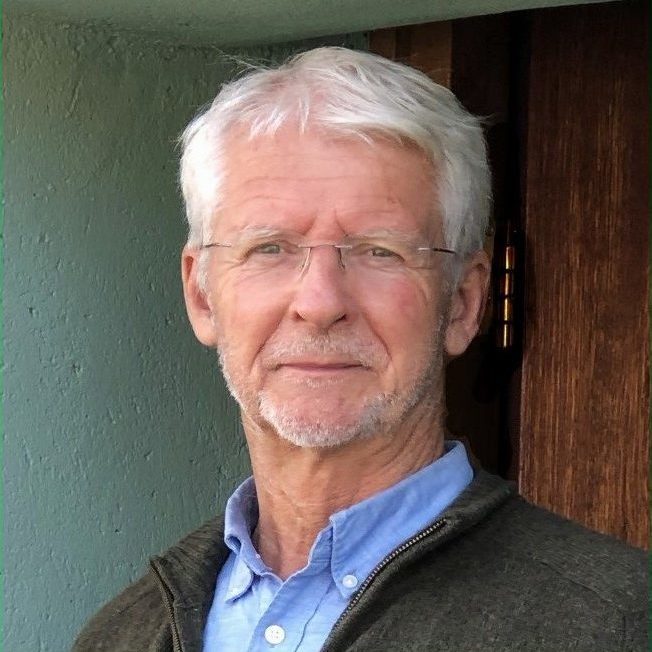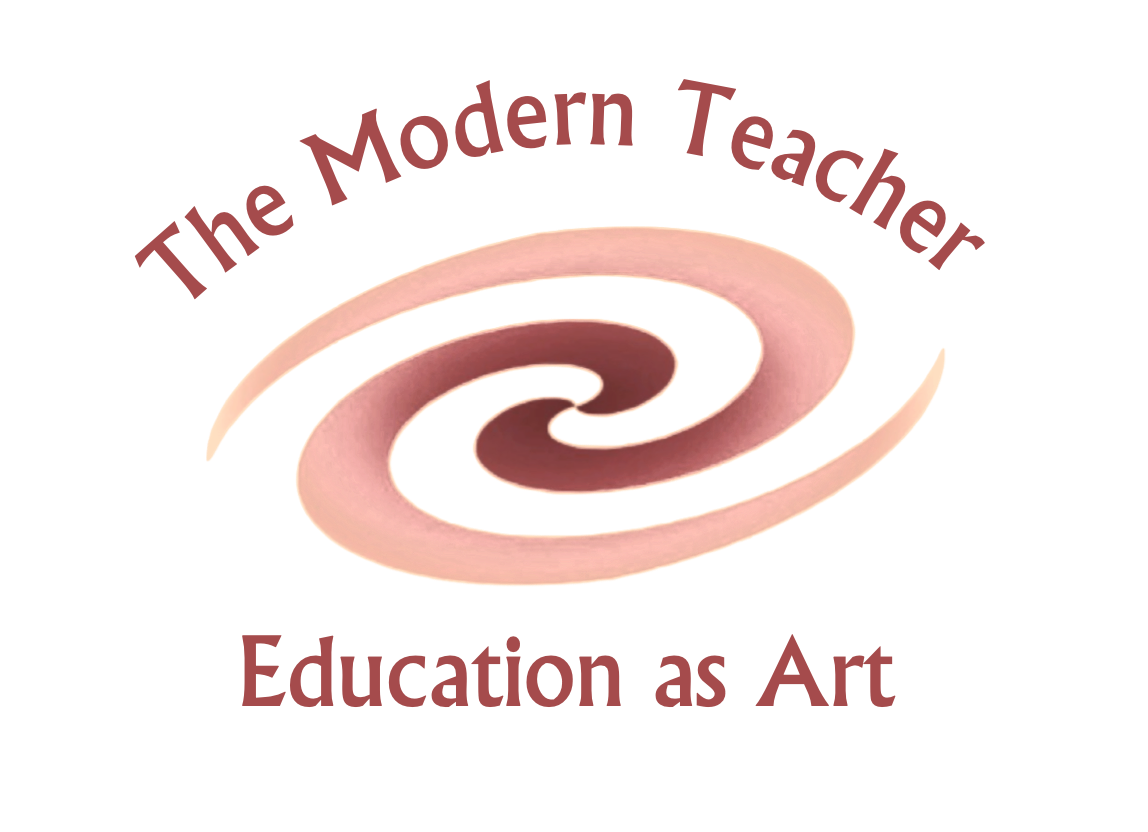WALDORF DIRECT
An online course about modern working principles.
With SVEN SAAR, ALAN SWINDELL and others
12 Modules as an introduction to Waldorf Education


With much experience in delivering seminars to non-UK settings online, The Modern Teacher also offers its own courses. While we prepare topics to cater for participants in specific locations, our approach is always decolonialised, globally relevant and contemporary.
All our seminars are delivered in English, with the option of simultaneous interpretation into Thai, thanks to the generous support from Dulyapat Waldorf School in Khon Kaen.
All participants will receive access to the session recordings so they can catch up or continue to work with the content.
The live course has now finished …BUT!
We are preparing the recordings to form a video library for staff training and information. You will be able to purchase all 36 sessions for download. Follow them consecutively, or dip into specific subjects as questions arise: the choice is yours.
An easy flat rate price of $360 will give you access to low-threshold, jargon-free, contemporary teaching about the Waldorf approach, from professionals with decades of experience and a fresh, contextualised outlook.
Get in touch on info@waldorfmodern.uk
The Modern Teacher Approach: a participant’s view
We are truly inspired by your work and what I most love is your intent to decolonise not only the colonial but also the Waldorf dogmas and limiting beliefs. For individuals from countries like mine, still with a colonial hangover, it is quite refreshing to hear your perspectives and beneath that to see your intentions. I’ve seen this spirit run through a lot of your work that I’ve gotten in touch with and have deep regard for it.
Santhya Vikram, Founder, Yellow Train School, Coimbatore, India https://www.yellowtrainschool.com
1 Waldorf Education - A modern Introduction
12 to 14 September 2022 4.30 to 6.30 India Time (12 noon UK)
Alan Swindell, Jill Taplin and Sven Saar
A course to explore modern Waldorf Theory and practice in Early Years, Grade School and High School.
How do Waldorf schools build an educational environment that prepares children and young people for life while respecting and encouraging their unique individuality? Discover the principles behind a pedagogy that changes and develops with the growing child. An illustrated course with many helpful examples and inspiring thoughts.
2 Numeracy the Waldorf Way
10 to 12 October 2022, 4.30 to 6.30 India Time (12 noon UK)
Alan Swindell
A course exploring how to introduce arithmetic and continue in an imaginative, sustained and effective practice.
What does it mean to work from the whole to the parts? And how do we implement Steiner’s dictum that arithmetic should follow practical life? Which are useful modern Waldorf methods and work schemes one could follow with confidence? And how do we avoid creating maths blocks and encourage confidence and enthusiasm for mathematical discovery?
3 Rhythm and Movement in Education
14 to 16 November 2022, 4.30 to 6.30 India time (11 am UK)
Sven Saar and Kevin Campbell-Davidson
A course exploring how rhythm allows children to learn in a healthy, holistic and efficient way.
Rudolf Steiner once described as the golden rule of education that “children must never tire!” This can only be achieved by creating a curriculum that is rhythmical, where learning follows healthy biorhythms and self-motivation bestows energy. Placing the needs of the child at the centre also challenges us to reconsider the layout of the classroom and the lesson flow. Many practical examples make this a very useful course for all Grade and High School teachers.
4 Lesson Planning and Implementation
13 to 15 February 2023, 4.30 to 6.30 India time (11am UK)
Sven Saar
A course on Curriculum creation, learning rhythms and effective classroom practice.
We learn how to prepare, conduct and review our lessons so that the process becomes a pleasure, not a chore. How do we incorporate the three stage rhythm, the seven learning rhythms, the night and future lessons? Discover how to provide for efficient learning that both teachers and pupils can enjoy!
5 Assessment for Learning
13 to 15 March, 2023, 4.30 to 6.30 India time (11am UK)
Alan Swindell and Sven Saar
A course on assessing the impact of our teaching: what are good principles for assessing progress, giving feedback, and forward planning?
We learn the difference between various approaches and discover useful tools that allow us to use assessment which informs future teaching and encourages future learning. We also learn how to assemble progress data that is actually useful for our understanding of individual children as well as year groups, all from a thoroughly grounded Steiner Waldorf perspective.
6 Inclusion
3 to 5 April, 2023, 4.30 to 6.30 India Time (12 noon UK)
Sven Saar, Alan Swindell and Ann Swain
A course on Special Educational needs, classroom differentiation and Equality and Diversity issues.
By asking “Is the school ready for this child?” rather than “Is this child ready for school?” we introduce important new paradigms into our work: how does it feel to be a pupil here? Am I seen for who I am? Are the teachers validating my perspective and assisting me to the best of their ability, or are they expecting me to fit outdated patterns?
Modern culture is finally asking questions which are long overdue, and to which all educators need to find answers. This course will help us take important steps towards this.
7 Rhythms and Patterns in Human Development
11 to 13 September, 2023, 4.30 to 6.30 India Time (12 noon UK)
Sven Saar, Alan Swindell
An introduction to understanding human life by looking at systems: seven-year-periods of biography, the four temperaments, the twelve senses and the three soul activities thinking, feeling and will. Why do these things matter in the way we plan and teach our lessons? Gain a first insight into the anthroposophical perspective in a contemporary and accessible way….jargon- free and without previous knowledge required!
8 Waldorf Literacy
9 to 11 October, 2023, 4.30 to 6.30 India Time (12 noon UK)
Jenny Wragg, Alan Swindell
How do human beings learn to write and read? Why do children all over the world need to embrace this cultural convention, and what are the best techniques for a first encounter with the printed page? How fast should pupils learn these cultural techniques, and what do we do next? How do we foster a life-long love affair with the written word?
9 Waldorf Science
13 to 15 November, 2023, 4.30 to 6.30 pm India Time (11 am UK)
Graham Kennish, Sven Saar, Alan Swindell
From baking bread in the Kindergarten to analysing observations in High School laboratories, from picking up rocks via nutrition and sex education to discussing atomic theory: what makes Waldorf Science different? How might it help human beings on their journey from an ego-logical to an eco-logical consciousness? This one is not just for science teachers, but for all educators and parents. Rediscover the joy of observation, experiment, wonder and understanding!
10 A vertical curriculum: Geography, Ecology, Outdoor education
12 to 14 February, 2024, 4.30 to 6.30 India Time (11 am UK)
Simon Gillman, Sven Saar, Alan Swindell
The Waldorf curriculum is not a prescriptive list of content: each lesson, block or teaching arc is a response to a developmental task. Each Curriculum is an answer: do we know what the question was? Using three different subjects we will explore generative principles and learning objectives and encourage you to think outside the box and become creative!
11 Quality, Colleagueship and Mentoring
11 to 13 March, 2024, 4.30 to 6.30 pm India Time (11 am UK)
Sven Saar, Alan Swindell
How can we help new colleagues find their way into this demanding profession without feeling abandoned or patronised? And how do we encourage each other to exercise creative freedom while engaging our pupils in consistently high quality learning? An introduction to Waldorf mentoring and collegial working. A guide to welcoming people into our wonderful profession – and giving them every reason to stay!
12 Organisation of Time, Effort and Community
8 to 10 April 2024, 4.30 to 6.30 India Time (12 noon UK)
Sven Saar, Alan Swindell
Sustaining one’s life as a Waldorf teacher requires commitment and energy. A possible source lies in cultivating an inner life of contemplation and development. How do I exercise self-care and organise my life so that I can continue to love what I do? And how can this “invisible” quality be come generative in creating a healthy, happy community of teachers, students and parents? Discover useful tools for the cultivation of Resonance and Resilience.
Booking and Costs:
- INR 2500/ £ 25 for individual participants (or INR 12,000 / £ 125 for six)
- INR 7000/ £75 for schools with fewer than 100 pupils (or INR 35,000 /£365 for six)
- INR 10000/ £105 for schools with 100 to 300 pupils (or INR 50,000 / £525 for six)
- INR 15000 / £155 for schools with over 300 pupils (or INR 75,000 / £785 for six)
- Please add 50% of your annual fee if you join for the first time in September 2023 and wish to receive the 18 session videos from the first six modules (recommended).
- There is no limit to the number of teachers participating in each school.
- We will provide additional materials and study suggestions for offline engagement with each topic.
Please book here: https://docs.google.com/forms/d/e/1FAIpQLSeBdS66LR-7SyFub9f_OU5uSa1KMKEklZDPF6u2wcdgxKZdPA/viewform?usp=sf_link
